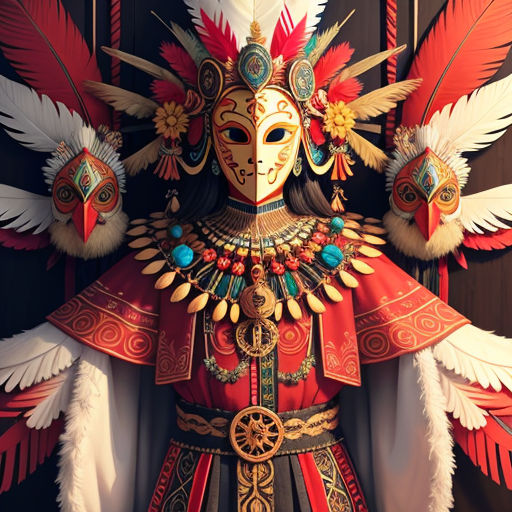
The Origins of Umbanda
By Fernando Rafael

25 Aug, 2023

Umbanda is an Afro-Brazilian religion that blends African traditions, Catholicism, Spiritism, and Indigenous beliefs. Its formation started in the late 19th century, defying historical challenges and persecution.
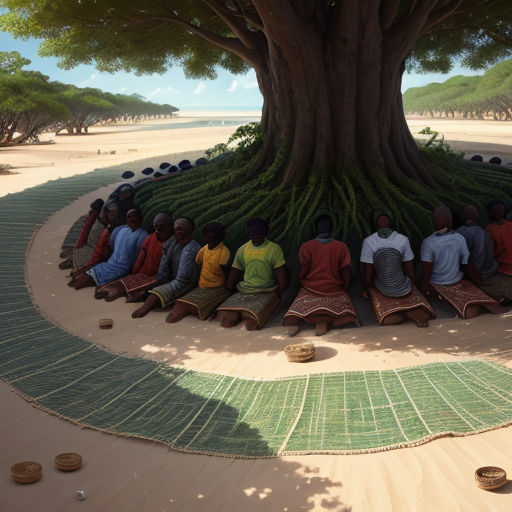
The roots of Umbanda trace back to the African slave trade. Africans brought to Brazil carried their religious traditions, creating a spiritual connection to their homeland. Perhaps, this was a way to seek solace amidst hardship.
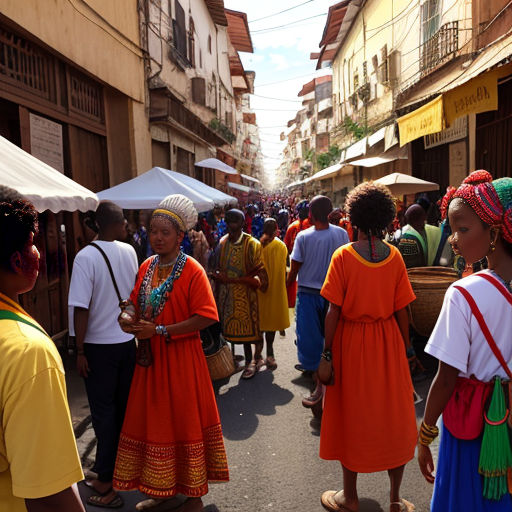
As Africans interacted with Indigenous people and the Catholic church, their religious concepts began to intertwine, birthing a new belief system. This was the first spark that would grow to become Umbanda.
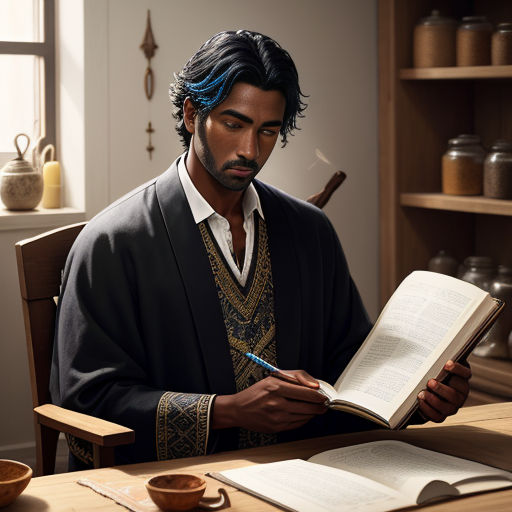
The religion was officially established in the early 20th century by a man named Zélio Fernandino de Moraes. Zélio, a medium, was instrumental in defining the Umbanda philosophy, rituals, and hierarchy.
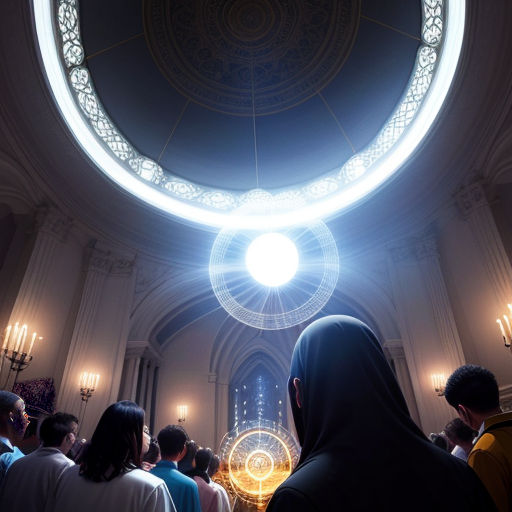
In an Umbanda ritual, Zélio would open communication with spirits, allowing them to use his body to heal and guide the attendees. This was a unique aspect that attracted many to Umbanda.
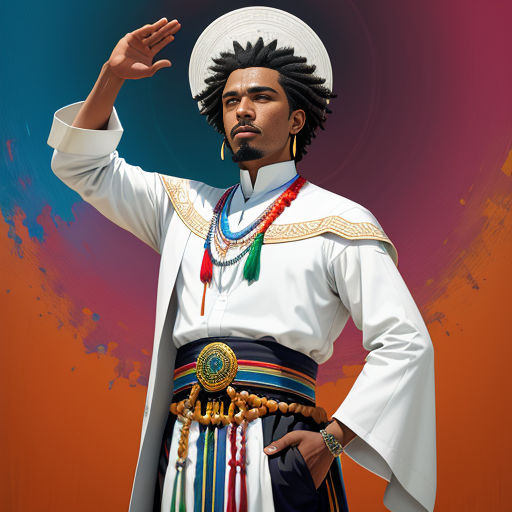
Zélio also introduced the concept of Orixas, higher spirits associated with forces of nature, each with a unique personality and purpose. These entities represented important spiritual guides in Umbanda.

Orixas serve as the bridge between humans and the supreme god. Each follower was thought to have a unique Orixa that guided their spiritual journey providing protection, wisdom, and guidance.

Exus and Pombagiras are another important facet of Umbanda. They were sometimes perceived as controversial figures, often misunderstood due to their association with sensuality and trickery.
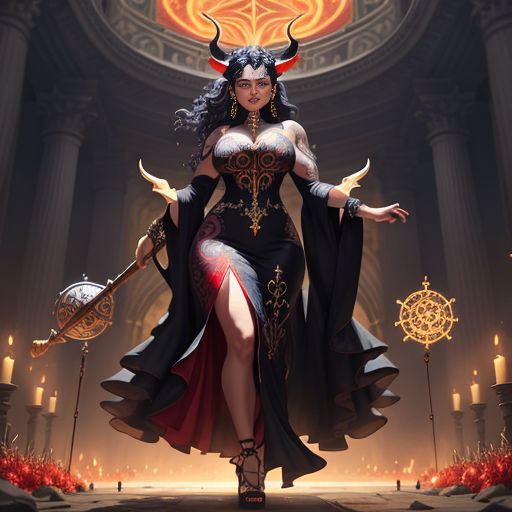
Despite their controversial reputation, Exus and Pombagiras were not seen as evil spirits. They play vital roles in the spiritual hierarchy, acting as messengers and gatekeepers of the spiritual world.
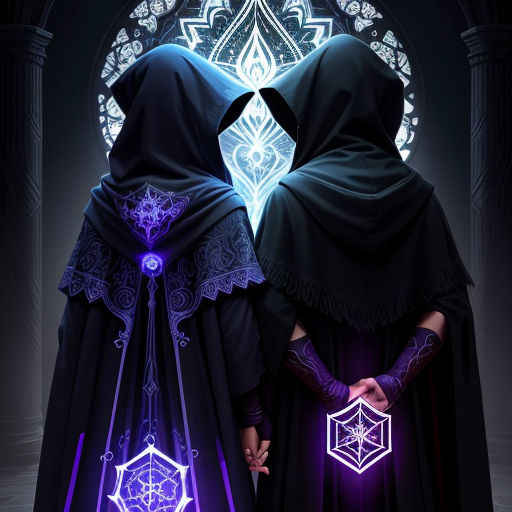
Exus and Pombagiras were often called upon during rituals for their transformative powers. They could help resolve issues, clear obstacles, and guide a person towards their destiny.
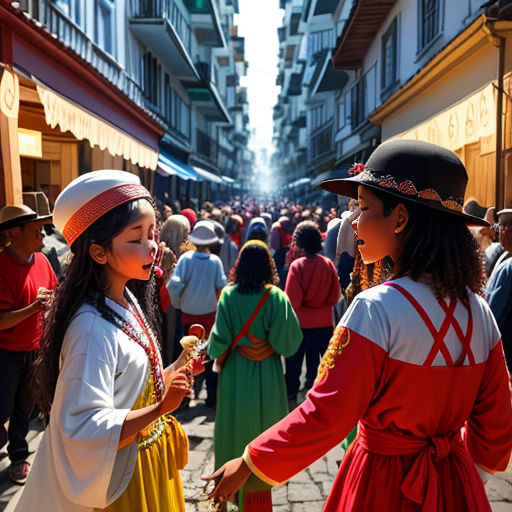
Umbanda rituals typically took place in outdoor spaces or temples called terreiros. These were places of joy and communal connection, suffused with the energy of song, dance and spiritual communication.
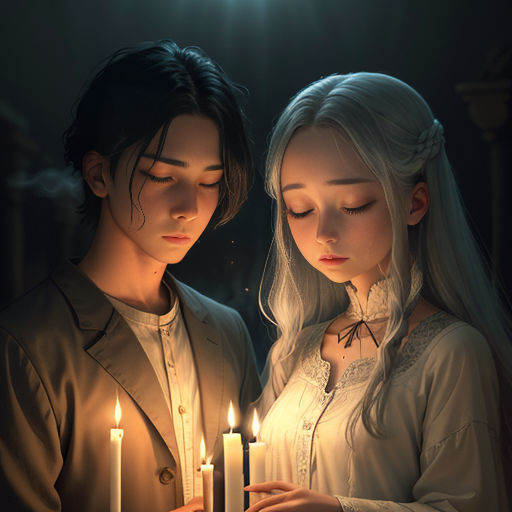
Central to these rituals were the mediums, men and women who would connect with spirits. This communion would often involve a trance-like state where the medium's body served as a vessel for the communication.
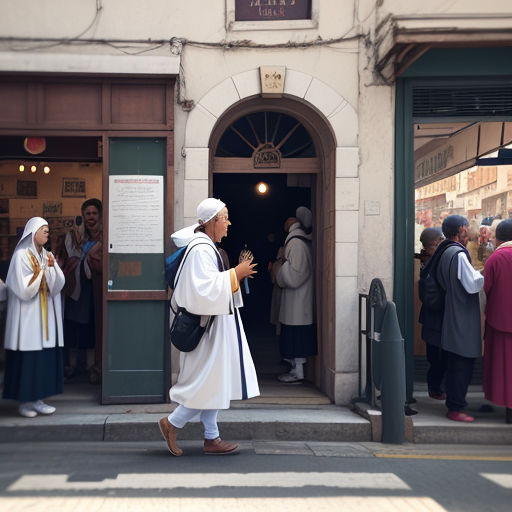
Umbanda's popularity grew rapidly, drawing followers from all walks of life. Its acceptance of diverse beliefs and its focus on spirituality and self-improvement resonated with many.
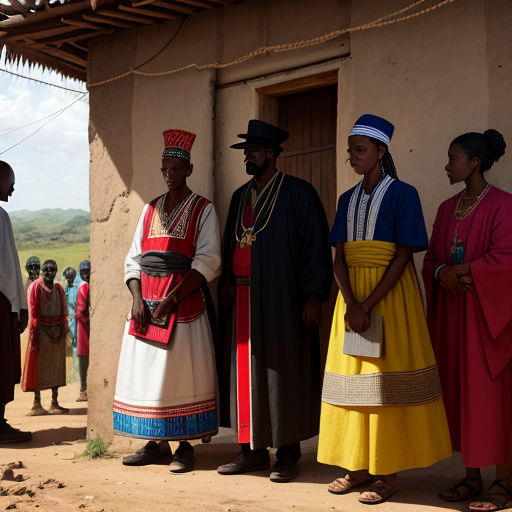
Despite its growth, Umbanda faced persecution and misunderstanding. This was partly due to its African roots and the misunderstood roles of Exus and Pombagiras within the religion.
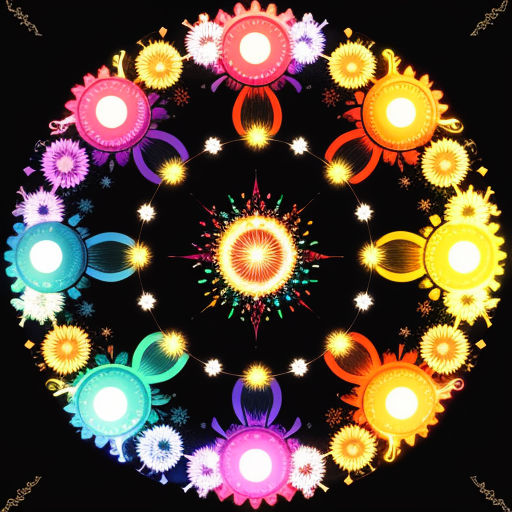
However, the followers of Umbanda remained resilient, holding on to their beliefs. They found strength in their diverse community and the consistent guidance of the spiritual entities.
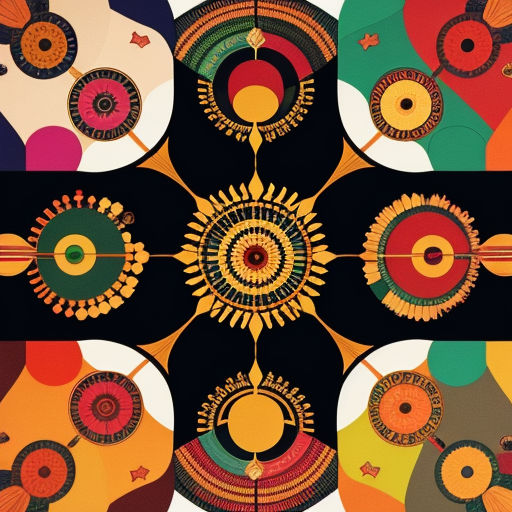
Over time, Umbanda gained recognition and respect, not only in Brazil, but internationally as well. It represented a unique blend of cultures and beliefs, united by a common spiritual goal.
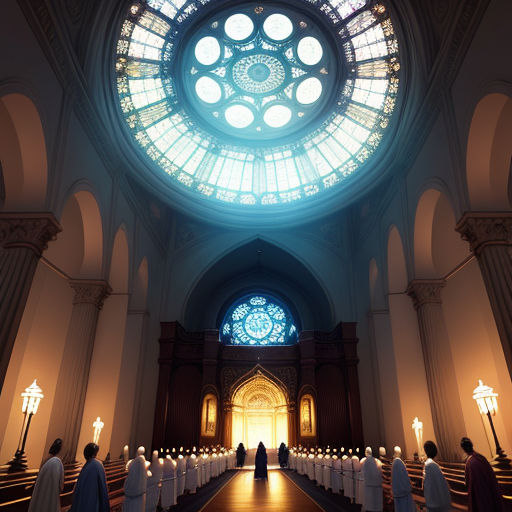
Today, Umbanda stands as a symbol of spiritual diversity and resilience. It embraces all who seek spiritual enlightenment, espousing values of empathy, respect, and personal growth.
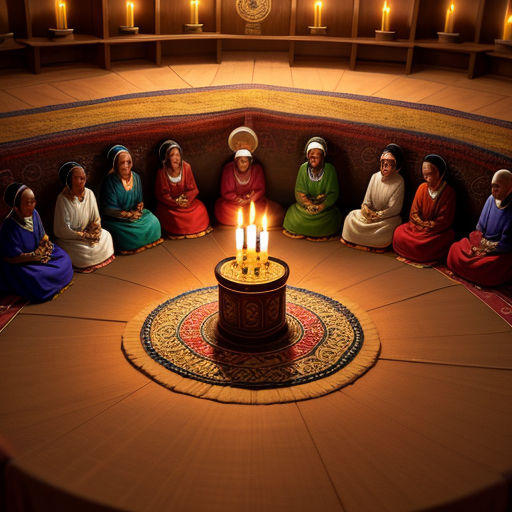
The Orixas, Exus, and Pombagiras continue to be revered, their guidance sought in rituals and personal prayers. Their iconic roles in Umbanda remain etched in the hearts of the followers.
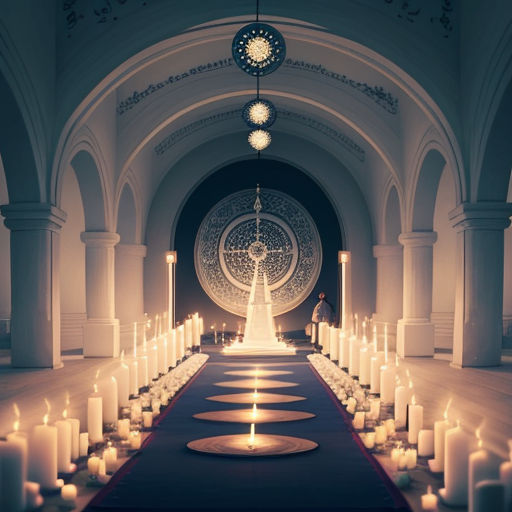
As a testament to its remarkable history, Umbanda still navigates the narrow path between respect and misunderstanding. Nonetheless, it continues to spread its light, touching souls seeking spiritual clarity.
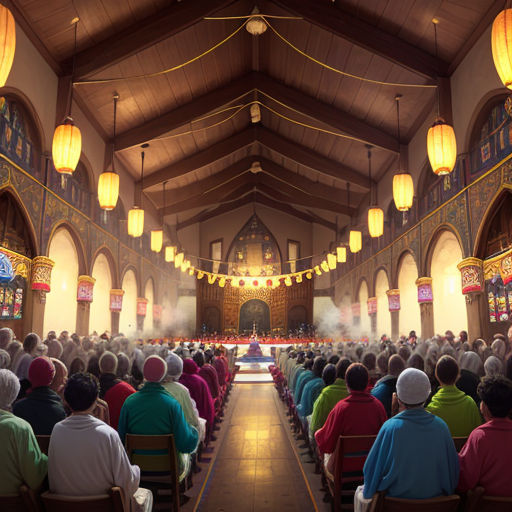
Countless followers have found solace and guidance within the folds of Umbanda, finding a sense of purpose and belonging. It has truly become more than a religion - it is a way of life.
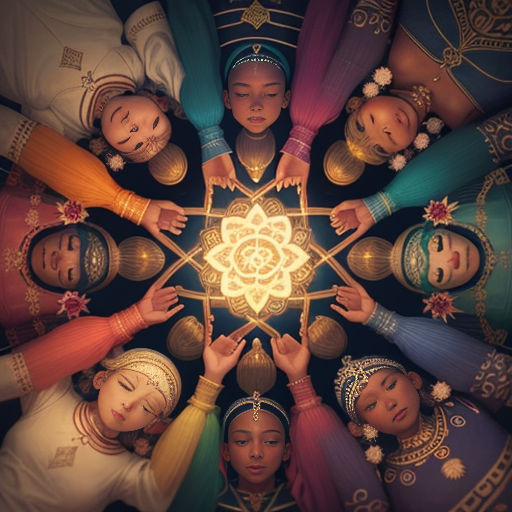
With every ritual and every prayer, the essence of Umbanda continues to grow stronger. Its influence has touched many lives, guiding them through the complex journey of self-discovery and growth.
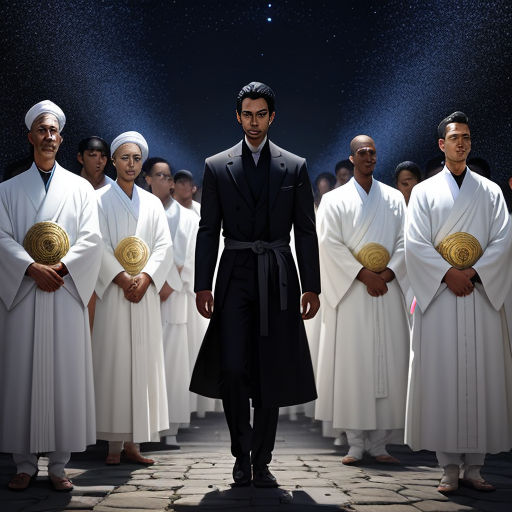
The teachings of Zélio and the powerful entities within the Umbanda are still shared today. They serve as a beacon of light, leading the followers through the shadows of uncertainty towards spiritual enlightenment.
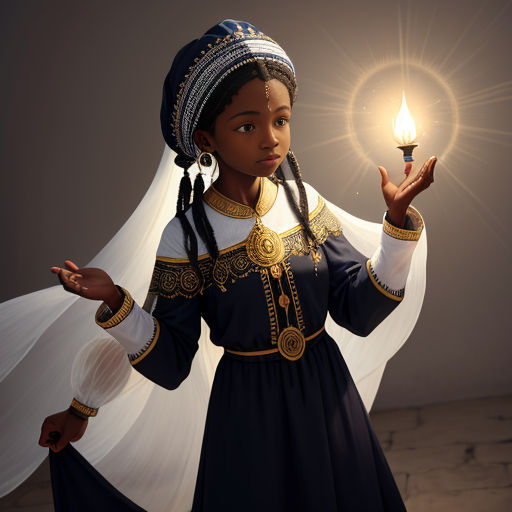
Umbanda's story is a testament to the resilience of belief and the power of faith, a reminder that light can emerge from the darkest places, and true spirituality can transcend cultural barriers.
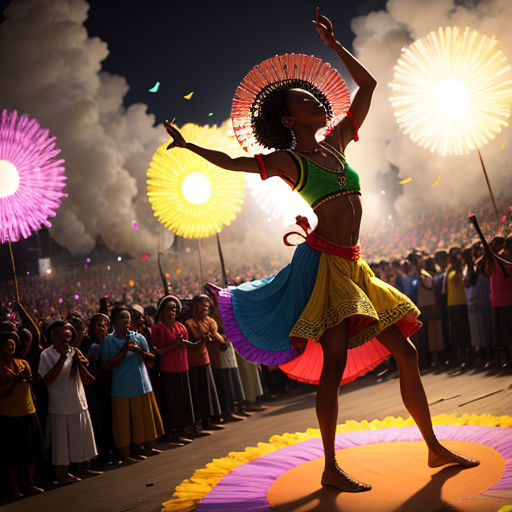
With each celebration, each ritual, the essence of Umbanda lives on. It continues to guide, heal, and bring people together, wrapping them in its enchanting rhythm and wisdom.
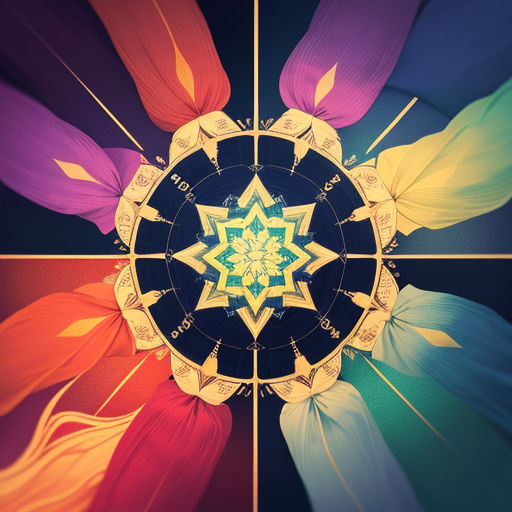
And so, the journey of Umbanda continues. A journey filled with faith, resilience, and love. A journey that reminds us of the possibilities of unity and the power of shared beliefs.